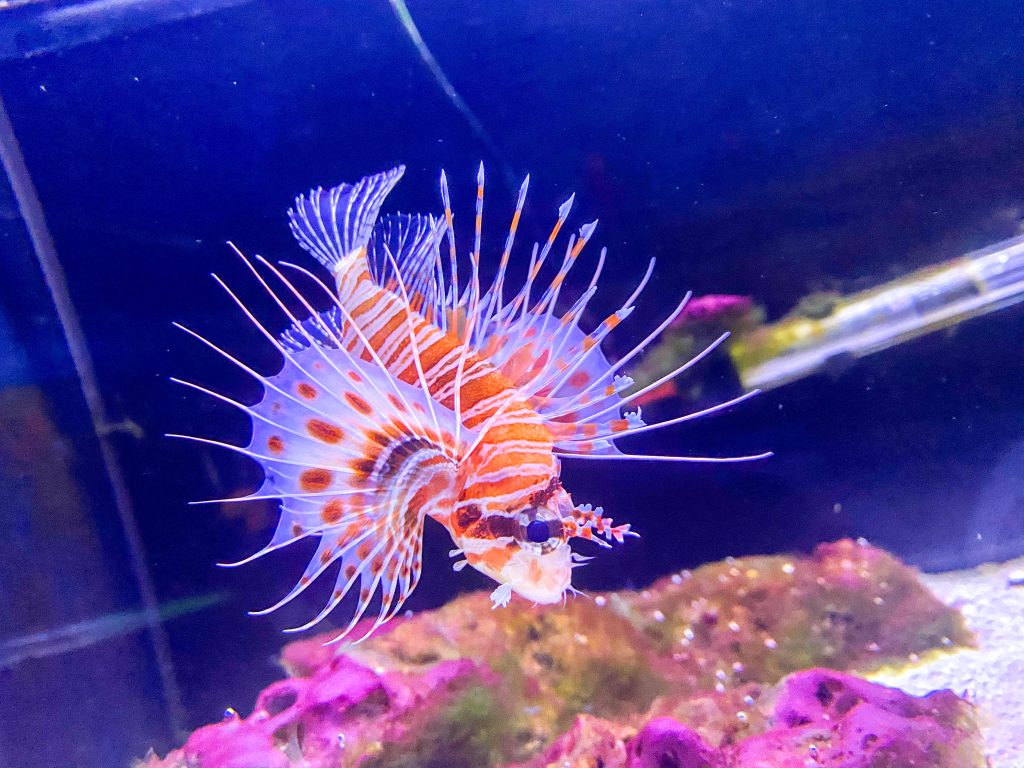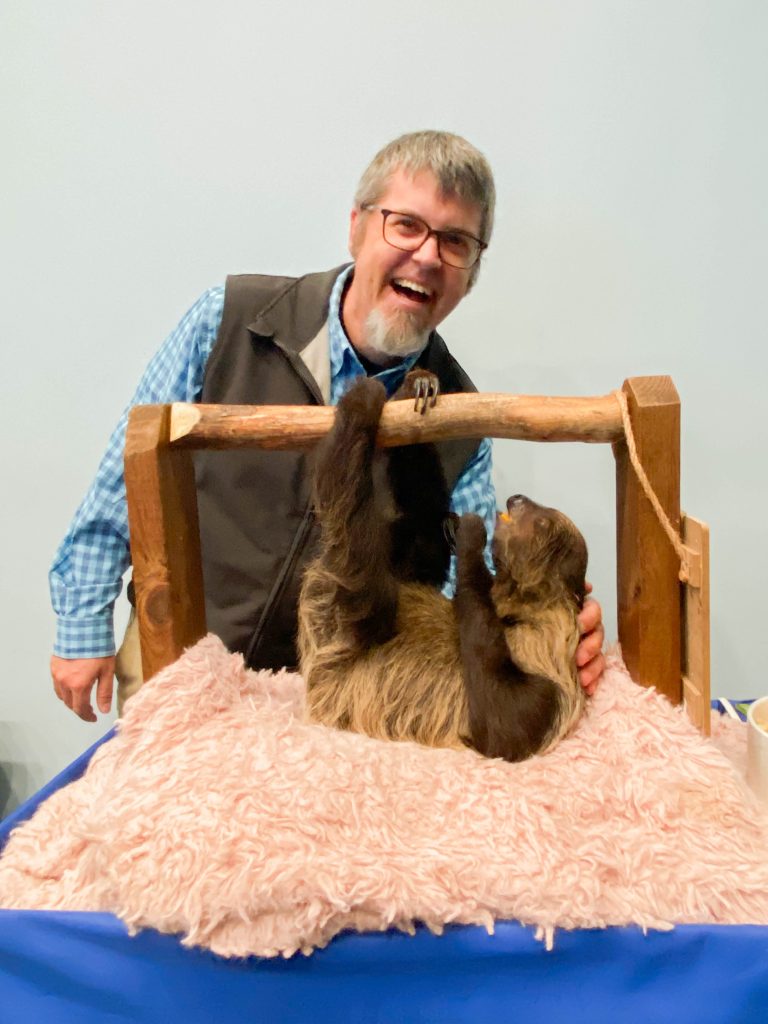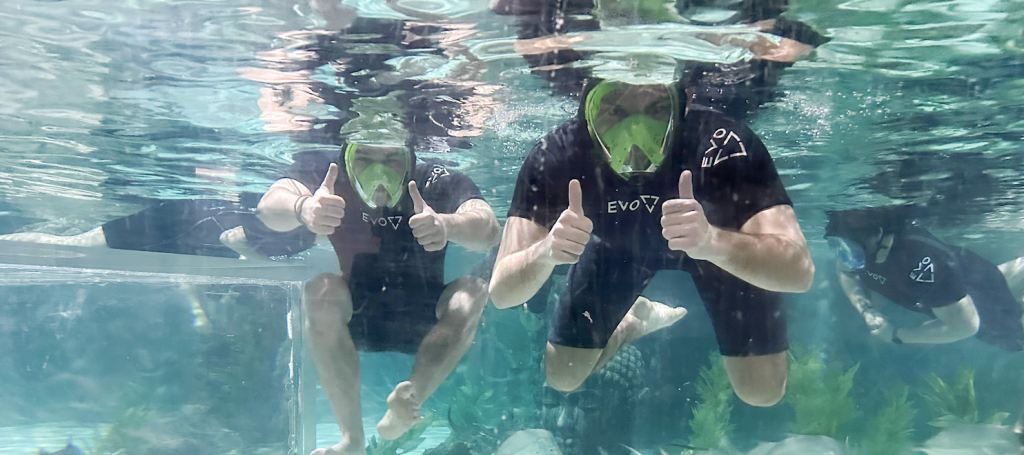From dissections to two-hour-long lectures, students can leave a biology class with equations and a repertoire of information floating in their head. But through hands-on experience, Liberty’s Animal Diversity and Conservation course (BIOL 125) allows students to understand creation in a new way.
“We want to look at the birds, the reptiles (and) the fish and explore God’s glory on display in this broken world,” Kyle Harris, professor of BIOL 125, said in regard to the ultimate goal of the class. “God has made an amazing world full of biodiversity. He has blessed Liberty University, and ultimately BIOL 125, with a unique partnership with local indoor aquarium (and zoo), SeaQuest, to study all kinds of animals.”

The course objective is to encourage students to come into the class, regardless of discipline or prior beliefs, to see God’s glory on display in creation and understand why conservation is important from a Christian perspective. Harris wants his students to ask, “What does it mean to be a steward in this broken world?” Students answer this question by observing the animals and writing a brief essay on stewardship of animal diversity in a fallen world.
Students can utilize the aquarium’s resources, such as interactive experiences with Savannah cats, capybaras, pythons and sharks. Harris and his students described the class as “very hands-on.”
According to Harris, SeaQuest designs its enclosures to imitate the continents in which its specimen originates. While observing the animals, students will experience the heat of Australia and the depths of the Arctic Sea, and discover breeds of unknown origin.

“My favorite animal interaction was with the porcupines,” Rachel Weaver, a sophomore majoring in zoo and wildlife biology, said. On one of their visits, Weaver was able to experience first-hand the stubborn personality of porcupines and their almost human-like characteristics.
“Walter (the youngest porcupine) was really cute. He would get really grumpy and storm off when he couldn’t have his way,” Weaver said, describing how the workers tried to feed Walter banana pieces.
“Most of our class is hyper-analyzing the animals and taking notes,” Jordan Tennace, a junior also studying zoo and wildlife biology, said. “It is really cool seeing them in a natural environment and watching them act versus being in a classroom analyzing specimens and dissecting them.”
Whether it’s for a class or for fun, information on SeaQuest can be found at their website.
Merritt is a feature reporter for the Liberty Champion
